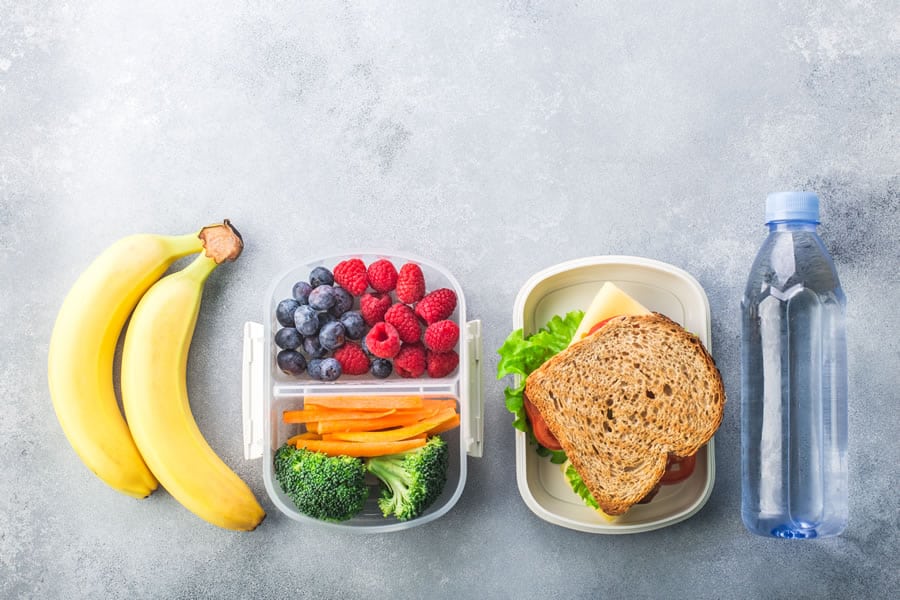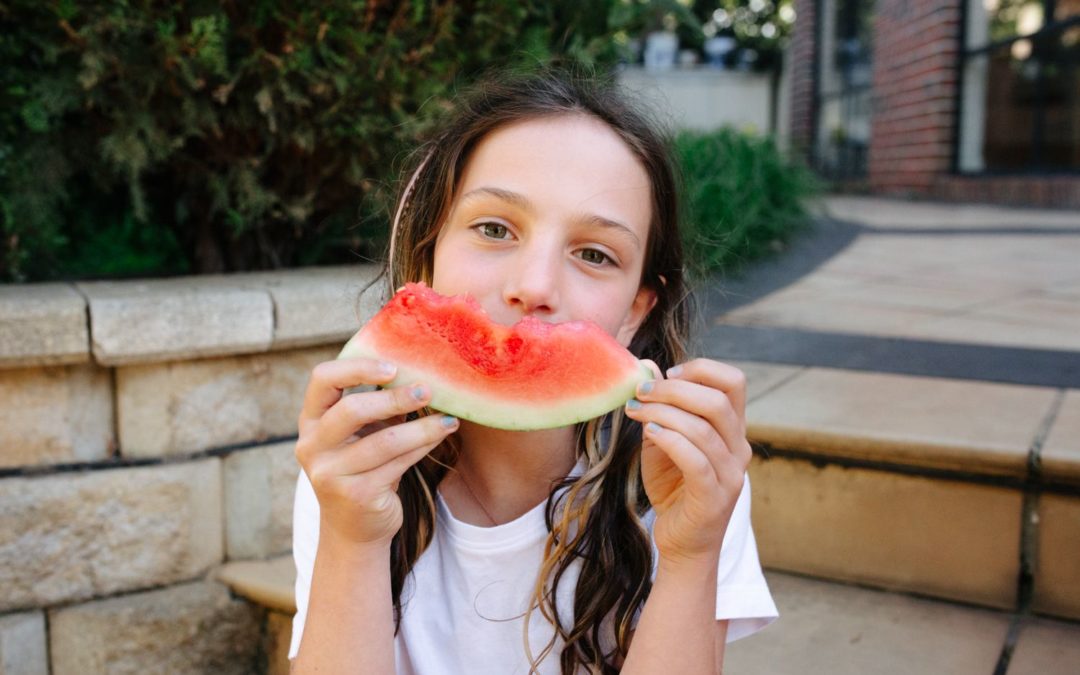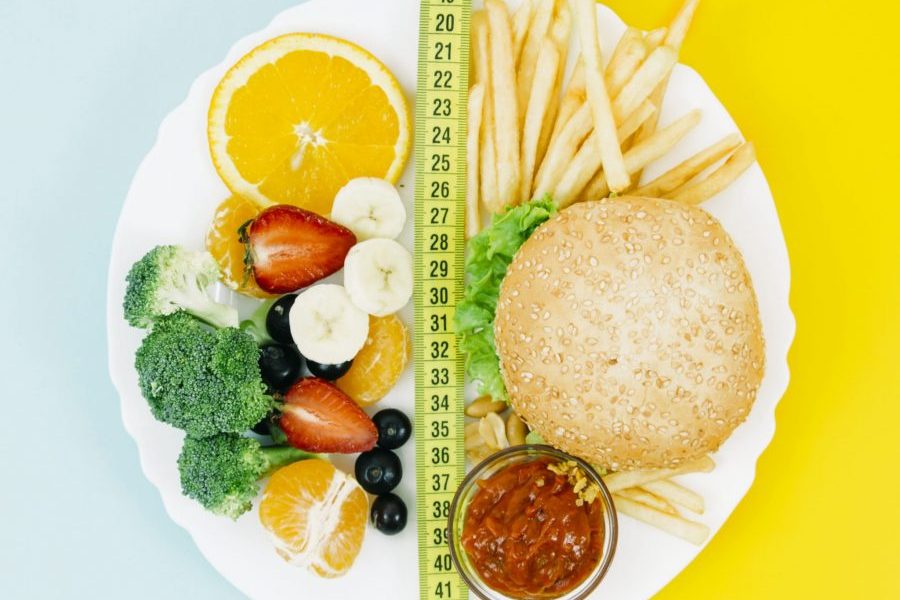Blog written by Camillo Cayazaya, student dietitian
It’s only recently that we stopped thinking of body dysmorphia (distorted body image) as a harmless phase that only young women experienced, finding that both men and women are affected equally. Our obsession with ‘healthy eating’ and exercising to look like superheroes, supermodels and social media influencers has made our shape and size a hot topic for everyone young and old, female, male and everything in between.
Eating disorders and disorded eating are truly devastating for the social, mental and physical wellbeing of those affected, making their prevention a high priority for healthcare professionals. Yet with so much unrealistic messaging online and on TV, it might feel like our kids are doomed to spend their lives debating how many carrots and celery sticks they can have before the guilt of weight gain sets in. Thankfully the science of psychology guides us that there is a way to try and address our children’s perception of their own bodies through the language we use.
Judgement affects everyone
Being able to speak about people as more than a size, shape or number helps children develop a better understanding of others, leading to more empathy, compassion and acceptance of differences. I’d wager most of us want our children to grow up as kind, caring people and that’s more likely if they know that health is about more than just weight, fitness or the absence of illness.
Health also includes mental and social wellbeing, for example: how happy and satisfied we are with our achievements, and how strong our social networks and support are. Someone can have a high weight and still be an athlete, or be otherwise healthy in many other aspects of their life which they value more highly than a ‘normal’ weight. The bonus of teaching your kids to stop judging others is that they’ll be just as kind to themselves, making them happier and more productive humans!
Judging behaviour starts with ourselves, what we say about our own bodies and the bodies of others plays a critical role in the development of a young mind, either creating anxiety around body shape and size or building clear-headed and resilient kids. Studies reveal that children who hear their parents speaking negatively about their own bodies are more likely to develop a distorted body image, lower self-esteem and consequently, unhealthy eating behaviours and weaker social bonds.
By using empowering language that describes ability rather than appearance we teach kids that talented, happy people come in all forms; we help them understand that a healthy body is not about a particular size or shape and that thin people are not always healthy for any number of reasons. The focus of our language about bodies should shift from being about thinness and muscularity to being about activity and health. Through our words (including self talk) we can steer our kids away from the judgement of those who don’t fit a ‘normal’ or ‘perfect’ shape, including not judging themselves so they can appreciate their own bodies more.
Another way to improve our language is to look out for value judgements that end up in our vocabulary as unconscious shortcuts. When we say our body is ‘overweight’ or ‘underweight’ or that our food is ‘good’ or ‘bad’ we are subtly telling our kids that we are judging and assigning value to those things. Untraining these habits can be hard but it’s important to try and find other words to describe things neutrally. Think about what your body can and does do, instead of constantly focusing on what you wished it looked like. Small changes like these go a long way in shaping the way our children think about food and bodies for the better, framing them as natural and useful for more than just our weight.
How to support your child (if you are concerned about weight)
Though a medical fixation on weight is slowly shifting, it’s unfortunate that a child’s BMI (a measure of healthy weight for height and age) continues to be used as the most important marker of health. Even without considering the flaws in BMI as a measure of health, a person with a high BMI will often find health professionals prioritising weight loss at the expense of any other health goals. While high weight at a young age is definitely a risk factor for poor health later in life, these issues are most likely related to other factors, not weight itself. Adequate nutritional support through a registered dietitian should be sought during this crucial period of growth and development if you are concerned.
Adequate professional support can be essential in avoiding lifelong issues around food and body image. Dietitians are trained to help the whole family make helpful changes that don’t stigmatise one child, that avoid inappropriate caloric restriction or calling kids ‘obese’ or ‘lazy’, and that don’t create a fear of disability or early death. A stressed, sad or shamed child is more likely to develop eating disorders that ignore hunger cues, either eating more than their body is calling for, or restricting key nutrients to avoid gaining weight.
The way we use language around children is critical in shaping their perceptions of the world around them. Taking the time to rephrase or reword the terms we take for granted goes a long way in helping them to better understand their health. Consider the words you use around bodies and food, see if there is room to improve, and help your kids grow up confident and happy, appreciating what their body and mind are capable of.
For more information on weight-neutral approaches to health, see https://haesaustraliainc.wildapricot.org/










